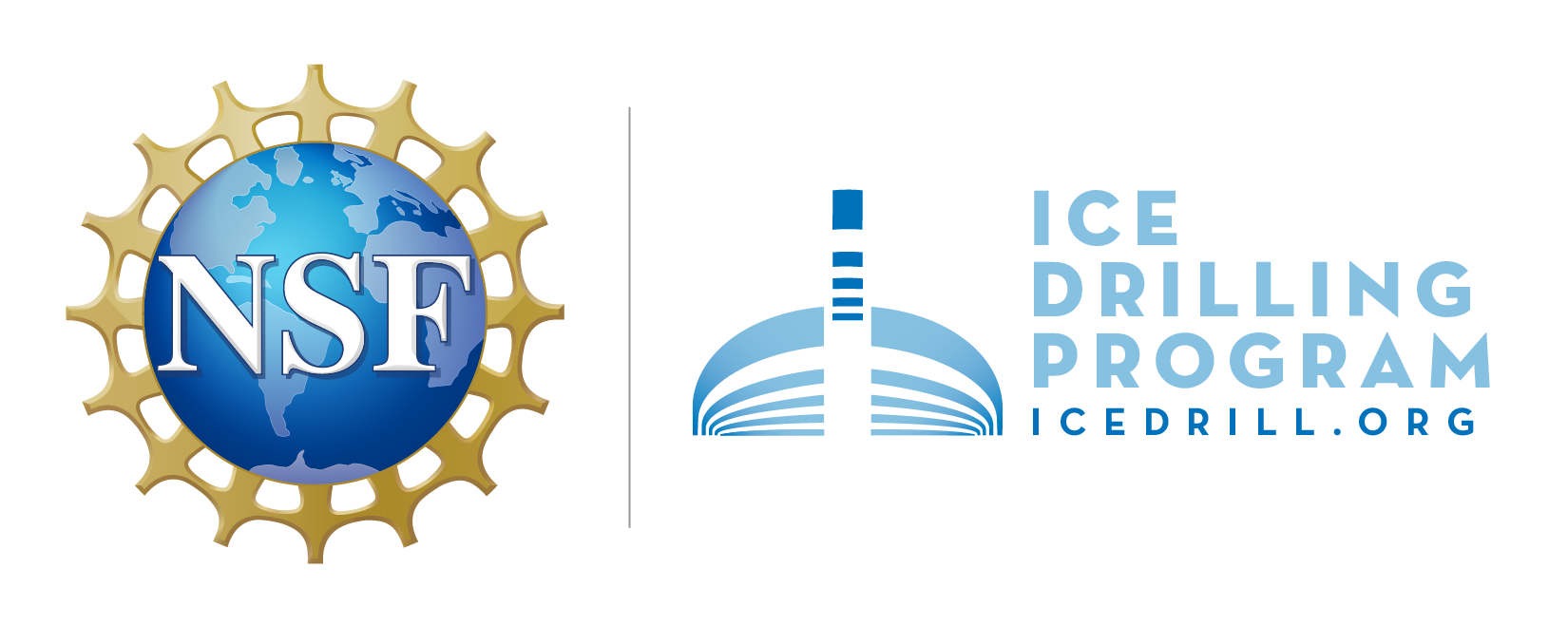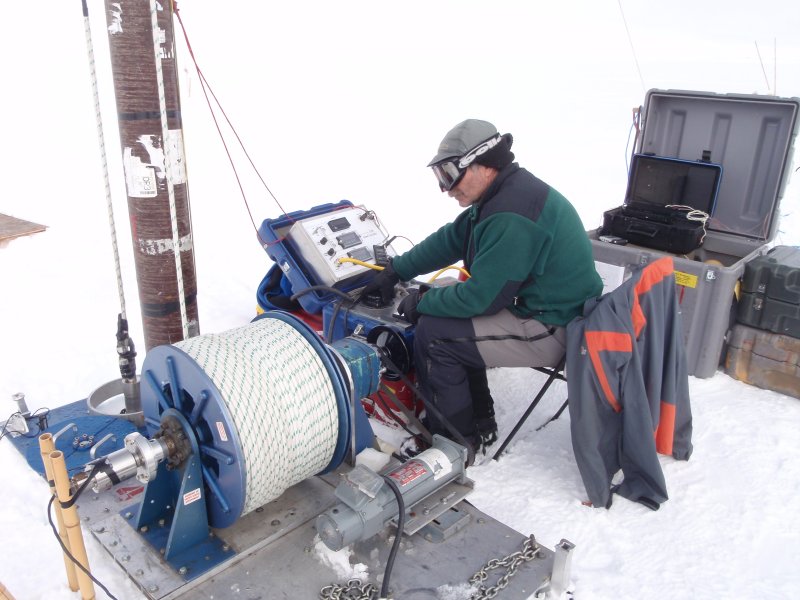The Long Range Science Plan 2010-2020 was developed in collaboration with and on behalf of the ice coring and drilling community, and submitted to NSF. Input received from the IDPO Science Advisory Board at its meeting in March, along with additional comments from the SAB members and members of the general science community, who responded to a daft version of the plan on our web site in the spring, were used to update the Science Plan. Using the Science Plan as input along with advice from its Technical Advisory Board (TAB), IDDO developed the Long Range Drilling Technology Plan 2010-2020 and submitted it to the NSF. These Plans are available on the icedrill.org web site. Both plans are updated yearly in the spring. Please have a look at the plans, and if science from your community will need ice drilling or coring support in the coming decade, be sure to send a community-endorsed white paper describing the science and drilling needs to us at Icedrill@Dartmouth.edu before March 2011, so that it can be included in future planning.
Long Range Integrated Planning
- Long Range Plans
Planning Improvements to Agile Drilling
- Meetings/ Workshops
During the quarter, IDDO organized and IDPO funded the Drillers' Workshop at the University of Wisconsin. The purpose of the workshop was to bring together the drillers experienced in the operation of the IDDO agile drills and the IDDO engineers to discuss needed improvements to the equipment and to share best drilling practices. The report for the workshop should be available soon. IDDO hosted its annual meeting of the TAB, consisting of members with technical experience in various types of drilling, in Madison to solicit input into technologies that can be used for ice drilling.
Planning for New Capability
- Long Range Plans
- Intermediate Depth Drill (IDD)
In addition to soliciting input into the Science Plan, IDPO solicited input from the community with regards to a proposed intermediate depth drill, logging winches, and preservation of older boreholes for future logging. Draft science requirements will be circulated through the research community for comment soon for the intermediate drill and logging winch, and will also be discussed at the upcoming WAIS Divide meeting in La Jolla in September.
Drilling Shallow Cores
- Fieldwork
IDDO completed five field projects in Greenland: the Greenland Snow Accumulation Project (Rick Forster, PI), the Humboldt and Tunu Core Update Project (Joe McConnell, PI), the Greenland Near-Surface Core Project (Bob Hawley, PI), the CRREL Summit Firn Air Cooling Study (Maggie Knuth, PI), and the NOAA Summit Firn Air Sampling Borehole Project (Butler, PI) - the core from which was saved for Joe McConnell. All projects were deemed successful, although only one abbreviated core was retrieved on the Humboldt and Tunu Core Update Project because of bad weather, aircraft delays, and the erupting Eyjafjallajökull volcano in Iceland. Equipment for the Greenland Snow Accumulation Project was inadequately prepared before leaving Madison; IDDO is addressing the issue by organizational changes designed to provide additional quality control on all equipment used in the field.
WAIS Divide Deep Ice Core
- DISC Drill
- Replicate Coring Drill
IDDO suffered a set-back in its development of replacements for outdated motor control modules for the DISC Drill when it was discovered during testing that the design was inadequate and the electronic circuits would have to be re-designed, prototyped, tested, and manufactured. This problem, along with the need to extensively modify drill system sheaves, the need to modify the azimuth measurement system and the resignation of an electrical engineer put a heavy workload on the one remaining electrical engineer. IDDO has contracted an electrical engineer to assist in the tasks.
The unexpected issues with the DISC Drill Development also affected the DISC Drill Replicate Coring System Development Project as resources planned for the project are needed to complete work on the DISC Drill before the 2010-2011 WAIS Divide field season. However, IDDO is confident that the replicate coring system will be ready for first use at WAIS Divide during the 2011-2012 field season.

